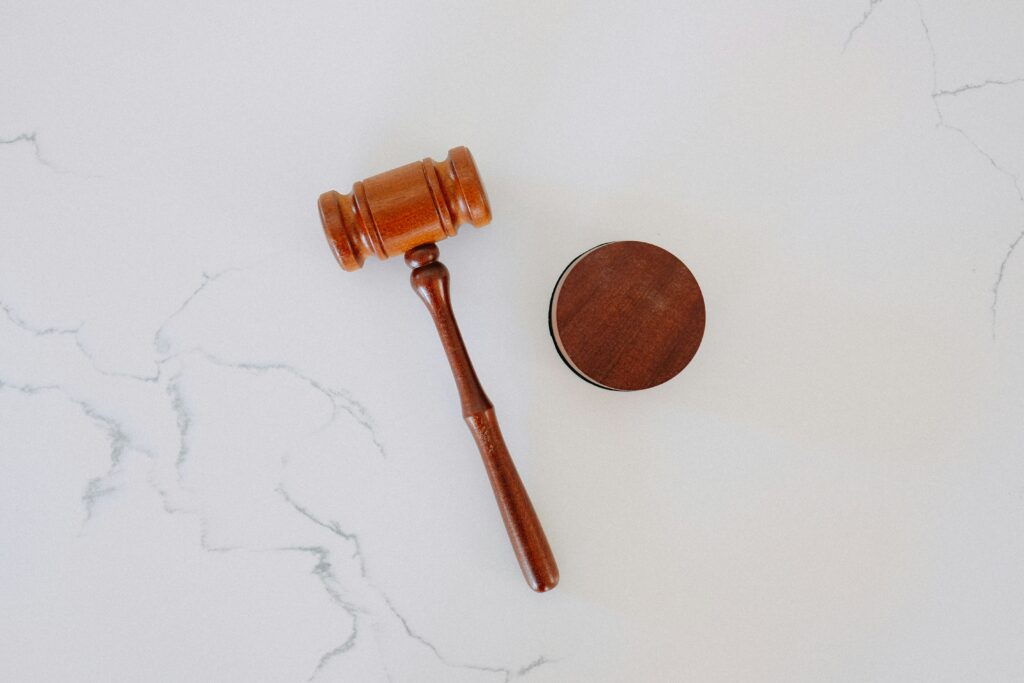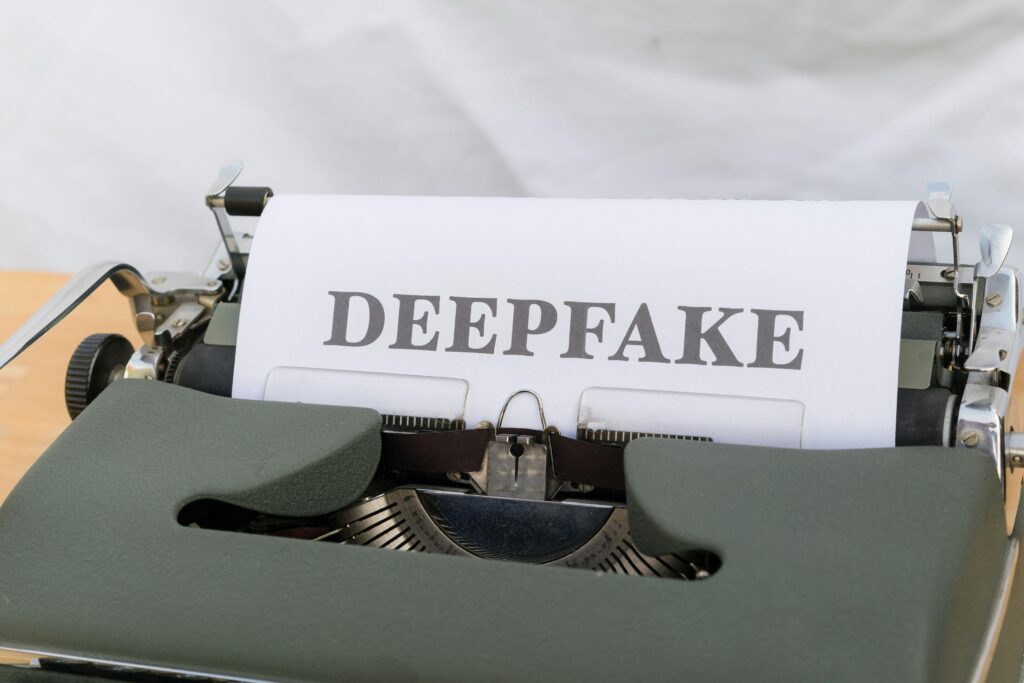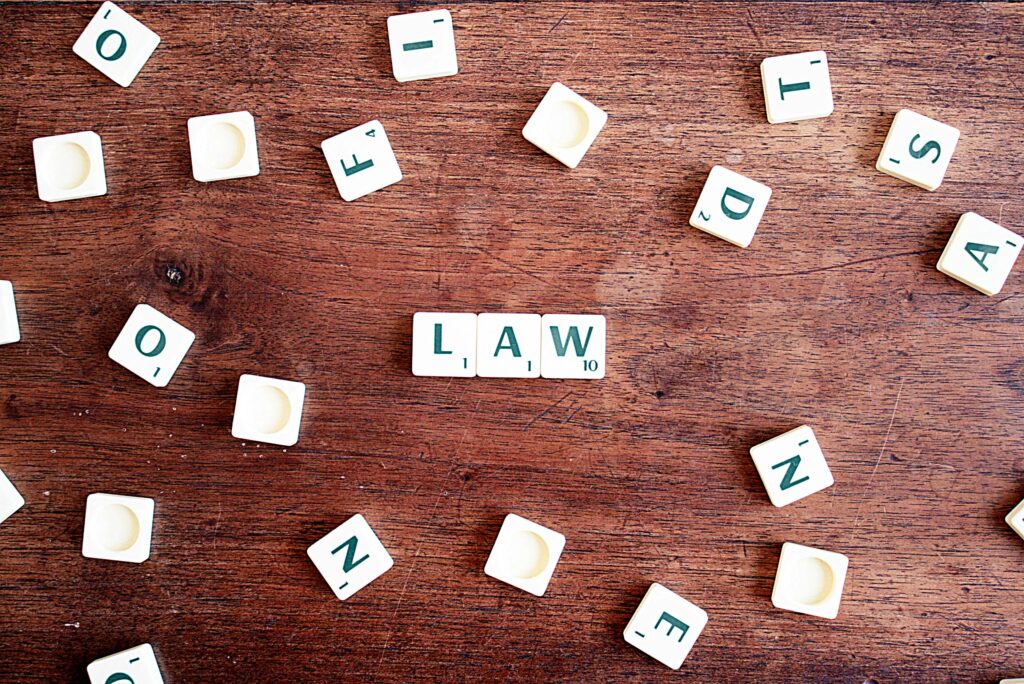Published On: 22nd July 2025
Authored By: Ritika Priyadarshini
Soa National Institute of Law
ABSTRACT
In India, law of defamation represents a tangled intersection between the right to speech and right to protect individual reputation. Whereas the Constitution of India provides the fundamental right under Article 19(1)(a) to freedom of speech, this includes some limitations, also relating to defamation. The legal framework of India for defamation deals with both criminal and civil remedies, the Indian Penal Code deals with the criminal defamation and law of tort deals with civil defamation. The defamation law in India is examine in this article by balancing the freedom of speech and reputation. The need for protecting reputation with the freedom of speech has really become important in this era of social media which increases the concern of misuse of defamation law. By considering lawful interpretation this article provides a brief overview of the legal framework recommend ways to ensure balance between free of speech and personal reputation.
KEYWORDS:
- Criminal and Civil remedies
- Defamation laws
- Freedom of speech and expression
INTRODUCTION
Countries like India, a democratic society where fundamental rights are provided to everyone it became very essential to protect individual’s reputation balancing with rights to free speech and expression. In India, defamation law provide protection to individuals dignity. The lawful framework exercise control over defamatory laws in India which aims to balance between freedom and speech and expression with individual’s reputation. In this era of digital world the concern whether India’s defamatory laws adequately balancing individuals reputation and freedom of speech became intensified.
DEFAMATION LAWS IN INDIA
In India, the Constitution provides the fundamental right under “Article 19(1)(a) freedom of speech and expression”[1] with reasonable limitation to ensure the morality, decency and pubic order[2]. But this right have some limitation to speech which will harms the reputation of some others. Under Bhartiya Nyaya Sanhita (IPC) various rules and regulations are introduced for defamation to support the criminal law system.
Under “Indian Penal Code”[3], the definition and punishment of defamation is provided under Section 499 and Section 500[4]. The characteristic of defamation says that the act of making wrong statement in any form whether spoken, written and that harms an individual’s reputation. Defamation are of two kinds Slander that is a spoken defamation and Libel that is a written defamation. The objective of the offence to harm an individual’s reputation.
“ Under Section 499 of Bhartiya Nyaya Sanhita (IPC)”[5] further says about the defamation to deceased person. Even though, a deceased cannot suffer the direct harm but if any defamatory statement harms the feelings of theirs family or close relatives is considered an offence. But this is applicable only if the statement is made during the individual lifetime, that will be considered as defamation.
Under Civil law, any harms caused to a person’s reputation is generally regarded as tort[6]. In “Civil Procedure Code under Section 19”[7] recognized both the offence and its consequences. Under this provision if any person suffers from harm due to defamatory statement can access this civil suit.
If a plaintiff faced any defamatory issue the party can file a complaint before a Magistrate and then he will direct a police officer to investigate into the matter. The plaintiff may reward compensation or damages for the claim[8]. Even though, in Civil Procedure Code under Section 19 does not specifically mentioned defamation but it is allowed for an individual to seek lawful procedure in civil court whenever their personal right were harmed.
Under Article 19(1) [9]
Constitution of India provides freedom of speech and expression to all the citizens of India under this article. But these rights have some limited restriction in order to protect the decency of the society and to avoid the defamation and offence. The balance between rights and responsibility should be maintained in order to avoid defamation[10].
LANDMARK judgement
Subramanian Swamy v Union of India
In this case, a petition was filed under Article 32 in order to challenge the constitutional validity of the Criminal Defamation under Sections 499 and 500 of IPC. The court has interpreted both defamation and reputation. Supreme Court dismissed the petition and held that Criminal Defamation under sections 499 and 500 of IPC is constitutionally valid[11].
Chanman Lal v State of Punjab
Chanman Lal who was the president of the Municipal Committee passed a defamatory statement against Bishan Kaur, a nurse. This was an offence under section 500 of IPC. “Supreme court held that if any statement is made in good faith and bonafide intention then it falls under exception of section 499 of IPC. In this case, the appeal was rejected holding that there was no reasonable cause for passing such defamatory statement[12].
RIGHT TO FREEDOM OF SPEECH AND EXPRESSION
The right of freedom of speech and expression is provided under “Article 19(1)(a)”[13] of Constitution of India only to the citizens of India. The right to freely express one’s views and opinions by words, literature, publishing, illustrations, or any other method is known as freedom of speech and expression[14]. As a result, it shows the shadow of individual’s opinion, feelings and thoughts. The purpose of this article is to ensure individuals right to enjoy their “self-fulfillment”[15]. Every person in India is free to express their opinion to anybody. The concept of implementation of the rights is to provide people to acquire information. As a result, every individual who deems that citizen engagement in governmental activities is necessary should enthusiastically promote freedom of speech.[16] In India, article 19(1)(a) consider as a significant pillar of Indian Constitution.
Justice Bhagwati, in Maneka Gandhi v. Union of India, underlined the importance of free speech, saying that a democratic society stands fundamentally upon unfettered debate, discussion, and open dialogue, as it acts as the sole “corrective of government action” keeping in view the democratic setting. Considering that democracy is the rule “of the people, by the people, and for the people”, it is self-evident that each and every citizen is authorized to have the right to partake in the processes concerning democratic functioning, and that unfettered and open debate of issues concerning the general public is vitally essential to allow him to exercise his right to vote wisely.[17]
The Supreme Court decided in Mahesh Bhatt v. Union of India & Anr that free speech is one of the foundations of the Indian Constitution and that it upholds it. The right to free speech and expression is a crucial component of a democratic framework. In order to maintain a functioning democracy, citizens must be informed and educated. Any incursions against free speech, as well as opposing and divergent views of expression, as well as any laws enacted in the manner of putting restrictions, will lead to curbing on free speech[18].
ONLINE DEFAMATION
Online defamation is also referred to as cyber defamation which is when someone is falsely accused of something online.[19] Libel defamation is a feature of social networking sites like Facebook, Instagram, LinkedIn, and others. Without a doubt, social media and the internet are incredibly helpful, but they also have advantages and disadvantages. But they can be an especially good place for statements that could be seen as defamatory.[20].
People are expressing their opinion on internet very freely and easily. There are many interesting sites on the internet where people are publishing or commenting intentional or unintentional but that could be raise defamation. Even though there are some sites where comments for “obscence or unlawful content”[21], which may raise defamation via internet.
CASE RELATED TO INTERNET DEFAMATION
Kalandi Charan Lenka vs. State of Odisha
In this instant, the petitioner experienced ongoing stalking; the offender later made a false account for her and sent vulgar messages to the victims’ acquaintances. The victim’s hostel also had a photo of a morphing neck hanging on the wall. The court determined that the perpetrator had committed the offence.[22]
CONCLUSION
In India the defamation laws represent a balance between right to freedom of speech and expression under Article 19(1)(a) of the Indian Constitution and also protects an individual’s reputation. The lawful framework ensures both criminal and civil remedies for defamatory acts.
The lawful interpretation of defamation law is also seen in landmark cases like Subramanian Swamy v. Union of India and Chanman Lal v. State of Punjab, which shows the validation of constitution in criminal defamation while ensuring limited restrictions. The era of social media again raised the concern about online defamation which is seen in case Kalandi Charan Lenka vs. State of Odisha, in this case the cyber defamation was judicially handled.
Democratic country like India, the protection of right to speech and reputation must be coincide. With raise of social media platforms there is a need for modernized way of legal proceedings to ensures the protection of individuals rights by avoiding defamation in any kind. A cautious case by case approach by the legal system will remain important to evident this balance.
References
- chandra ayush, “DEFAMATION LAWS IN INDIA: BALANCING FREEDOM OF SPEECH AND PROTECTION OF REPUTATION » LegalOnus” (LegalOnus, January 28, 2025) https://legalonus.com/defamation-laws-in-india-balancing-freedom-of-speech-and-protection-of-reputation-2/
- thelegalquorum, “Defamation Laws in India: Balancing Freedom of Speech and Protection of Reputation” (The Legal Quorum, December 27, 2024) https://thelegalquorum.com/defamation-laws-in-india-balancing-freedom-of-speech-and-protection-of-reputation/
- Manupatra, “Articles – Manupatra” https://articles.manupatra.com/article-details/A-Bird-s-Eye-View-of-the-Right-to-Freedom-of-Speech-and-Expression-in-India
- , “SOCIAL MEDIA AND ONLINE DEFAMATION” (JLRJS, May 30, 2023) <https://jlrjs.com/social-media-and-online-defamation/> accessed March 13, 2025
[1] chandra ayush, “DEFAMATION LAWS IN INDIA: BALANCING FREEDOM OF SPEECH AND PROTECTION OF REPUTATION » LegalOnus” (LegalOnus, January 28, 2025) <https://legalonus.com/defamation-laws-in-india-balancing-freedom-of-speech-and-protection-of-reputation-2/>
[2] chandra ayush, “DEFAMATION LAWS IN INDIA: BALANCING FREEDOM OF SPEECH AND PROTECTION OF REPUTATION » LegalOnus” (LegalOnus, January 28, 2025) <https://legalonus.com/defamation-laws-in-india-balancing-freedom-of-speech-and-protection-of-reputation-2/>
[3] chandra ayush, “DEFAMATION LAWS IN INDIA: BALANCING FREEDOM OF SPEECH AND PROTECTION OF REPUTATION » LegalOnus” (LegalOnus, January 28, 2025) <https://legalonus.com/defamation-laws-in-india-balancing-freedom-of-speech-and-protection-of-reputation-2/>
[4] chandra ayush, “DEFAMATION LAWS IN INDIA: BALANCING FREEDOM OF SPEECH AND PROTECTION OF REPUTATION » LegalOnus” (LegalOnus, January 28, 2025) <https://legalonus.com/defamation-laws-in-india-balancing-freedom-of-speech-and-protection-of-reputation-2/>
[5] chandra ayush, “DEFAMATION LAWS IN INDIA: BALANCING FREEDOM OF SPEECH AND PROTECTION OF REPUTATION » LegalOnus” (LegalOnus, January 28, 2025) <https://legalonus.com/defamation-laws-in-india-balancing-freedom-of-speech-and-protection-of-reputation-2/>
[6] thelegalquorum, “Defamation Laws in India: Balancing Freedom of Speech and Protection of Reputation” (The Legal Quorum, December 27, 2024) <https://thelegalquorum.com/defamation-laws-in-india-balancing-freedom-of-speech-and-protection-of-reputation/>
[7] thelegalquorum, “Defamation Laws in India: Balancing Freedom of Speech and Protection of Reputation” (The Legal Quorum, December 27, 2024) <https://thelegalquorum.com/defamation-laws-in-india-balancing-freedom-of-speech-and-protection-of-reputation/>
[8] thelegalquorum, “Defamation Laws in India: Balancing Freedom of Speech and Protection of Reputation” (The Legal Quorum, December 27, 2024) <https://thelegalquorum.com/defamation-laws-in-india-balancing-freedom-of-speech-and-protection-of-reputation/>
[9] thelegalquorum, “Defamation Laws in India: Balancing Freedom of Speech and Protection of Reputation” (The Legal Quorum, December 27, 2024) <https://thelegalquorum.com/defamation-laws-in-india-balancing-freedom-of-speech-and-protection-of-reputation/>
[10] thelegalquorum, “Defamation Laws in India: Balancing Freedom of Speech and Protection of Reputation” (The Legal Quorum, December 27, 2024) <https://thelegalquorum.com/defamation-laws-in-india-balancing-freedom-of-speech-and-protection-of-reputation/>
[11] thelegalquorum, “Defamation Laws in India: Balancing Freedom of Speech and Protection of Reputation” (The Legal Quorum, December 27, 2024) <https://thelegalquorum.com/defamation-laws-in-india-balancing-freedom-of-speech-and-protection-of-reputation/>
[12] thelegalquorum, “Defamation Laws in India: Balancing Freedom of Speech and Protection of Reputation” (The Legal Quorum, December 27, 2024) <https://thelegalquorum.com/defamation-laws-in-india-balancing-freedom-of-speech-and-protection-of-reputation/>
[13] Manupatra, “Articles – Manupatra” <https://articles.manupatra.com/article-details/A-Bird-s-Eye-View-of-the-Right-to-Freedom-of-Speech-and-Expression-in-India>
[14] Manupatra, “Articles – Manupatra” <https://articles.manupatra.com/article-details/A-Bird-s-Eye-View-of-the-Right-to-Freedom-of-Speech-and-Expression-in-India>
[15] Manupatra, “Articles – Manupatra” <https://articles.manupatra.com/article-details/A-Bird-s-Eye-View-of-the-Right-to-Freedom-of-Speech-and-Expression-in-India>
[16] Manupatra, “Articles – Manupatra” <https://articles.manupatra.com/article-details/A-Bird-s-Eye-View-of-the-Right-to-Freedom-of-Speech-and-Expression-in-India>
[17] Manupatra, “Articles – Manupatra” <https://articles.manupatra.com/article-details/A-Bird-s-Eye-View-of-the-Right-to-Freedom-of-Speech-and-Expression-in-India>
[18] Manupatra, “Articles – Manupatra” <https://articles.manupatra.com/article-details/A-Bird-s-Eye-View-of-the-Right-to-Freedom-of-Speech-and-Expression-in-India>
[19] admin., “SOCIAL MEDIA AND ONLINE DEFAMATION” (JLRJS, May 30, 2023) <https://jlrjs.com/social-media-and-online-defamation/> accessed March 13, 2025
[20] admin., “SOCIAL MEDIA AND ONLINE DEFAMATION” (JLRJS, May 30, 2023) <https://jlrjs.com/social-media-and-online-defamation/> accessed March 13, 2025
[21] admin., “SOCIAL MEDIA AND ONLINE DEFAMATION” (JLRJS, May 30, 2023) <https://jlrjs.com/social-media-and-online-defamation/> accessed March 13, 2025
[22] admin., “SOCIAL MEDIA AND ONLINE DEFAMATION” (JLRJS, May 30, 2023) <https://jlrjs.com/social-media-and-online-defamation/> accessed March 13, 2025




